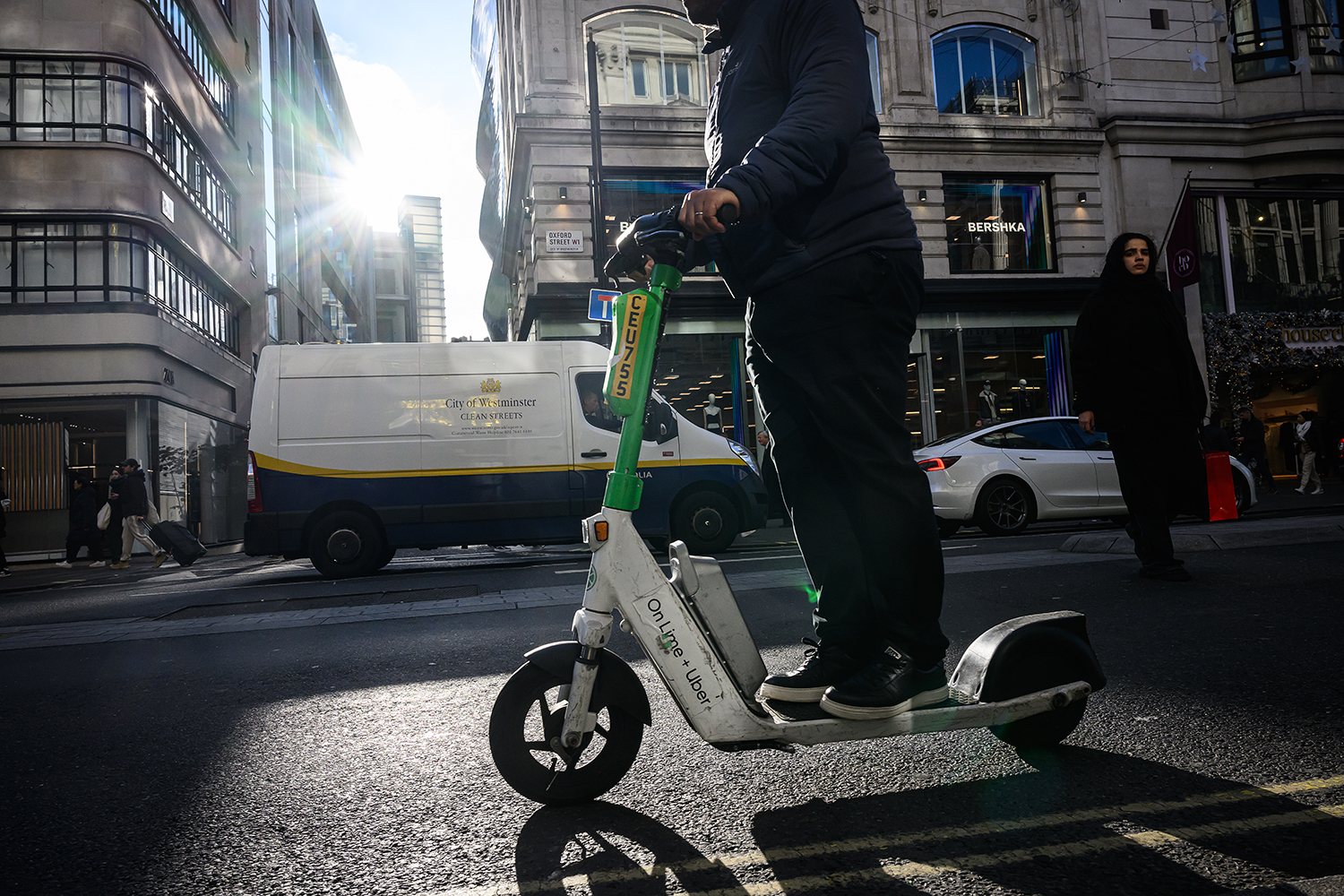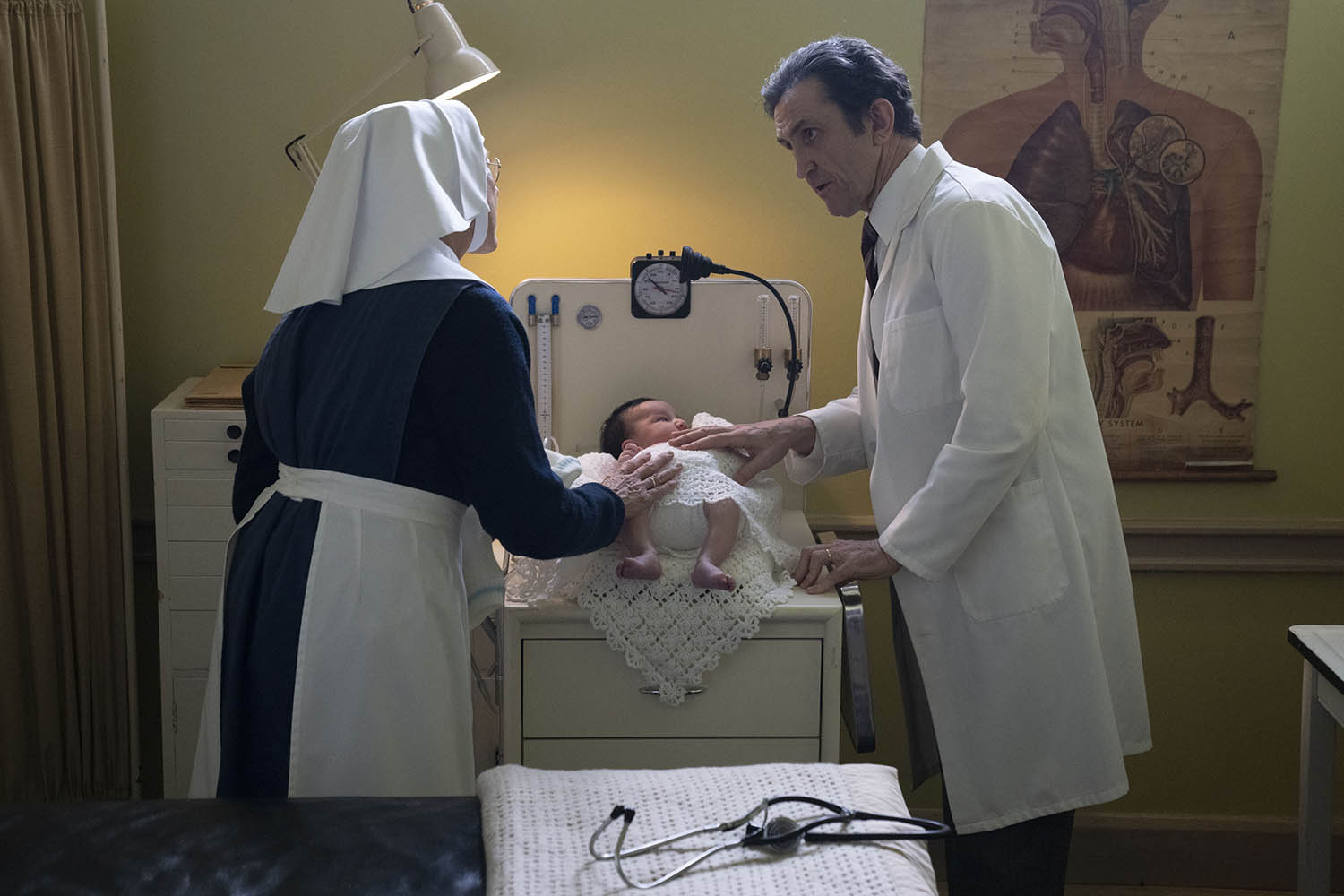Critical care doctors are calling for urgent regulation of private electric scooters after three children were killed this year.
Emergency teams at UK hospitals have warned they are seeing an increasing number of serious accidents involving children, some suffering life-changing injuries. Hundreds of accidents involving children falling off e-scooters or colliding with other vehicles are not being recorded in the road casualty figures, medics believe.
There have been 48 deaths in England and Wales since 2019, according to figures compiled by a transport safety group.
It is illegal to ride a private e-scooter on public roads in the UK. Trials for e-scooter rental schemes, such as those by Lime and Voi, were introduced in July 2020 while they were evaluated by officials for their safety and contribution to the transport network. The trials have been extended four times and are now due to finish in May next year, but campaigners argue that there should be urgent introduction of regulations for the designs and use of private e-scooters.
Some e-scooters that are illegal to drive on public roads are being marketed to children by UK online retailers, without prominent warnings that they are not allowed on roads and public spaces. Debenhams is selling one e-scooter with a top speed of 7mph, described on their website as “a great way for kids to satisfy their need for speed”.
So far this year there have been three deaths reported by the Parliamentary Advisory Council for Transport Safety (Pacts) in England and Wales, all children aged 16 or under. In February, Darcie Casselden, nine, and her brother Roman, 16, died after the privately owned e-scooter they were riding was struck by a car near Basildon, Essex. A man and a woman were arrested on suspicion of causing death by dangerous driving.

Caroline Rushmer, children’s major trauma and rehabilitation coordinator at Manchester University NHS trust, said the trust was seeing an increasing level of complexity in injuries involving e-scooters at Royal Manchester Children’s Hospital.
“We see a lot of head injuries, abdominal injuries and some lower limb fractures,” said Rushmer. “It’s mostly children hitting things: hitting walls, hitting stationary cars, [colliding with] moving cars and even kerbs. Head and facial injuries are significant.” The e-scooter casualties in Manchester last month included a 14-year-old boy who suffered fatal injuries after colliding with a car.
Related articles:
Analysis of provisional data at the Royal Manchester Children’s Hospital suggests it has seen a more than threefold increase in emergency admissions and cases involving scooters over a two-year period, from 52 in 2023 to 159 in 2024. Many of the injuries are not included in official road casualty statistics as only one vehicle is typically involved.
“We’ve seen children as young as six with serious injuries,” said Rushmer. “The rental scooter schemes for adults are at least regulated. It’s a free-for-all for children. We’re giving kids speed that they are often not equipped to handle.”
Newsletters
Choose the newsletters you want to receive
View more
For information about how The Observer protects your data, read our Privacy Policy
She said that government guidance could not come soon enough. “Otherwise we are going to have more deaths and more serious injuries, and children with brain injuries that will change the trajectory of their lives.”
The Alder Hey Children’s NHS trust in Liverpool says it has seen about 240 children injured in e-scooter accidents in the past five years. Most accidents involve privately owned e-scooters and children not wearing helmets.
Charlotte Durand, a consultant in paediatric emergency medicine at Alder Hey, said: “It is really important to educate children and their families about the dangers.”
Ritesh Maharaj, a critical care physician at King’s College Hospital in south London, said he was concerned at the number of people injured on e-scooters who were not wearing helmets. He said: “Over the last two years, we’ve seen more people in the intensive care unit with significant head injuries who end up with significant disability as a consequence of the injuries they sustained while using e-scooters.”
The Channel 4 presenter and social media star Emily Hartridge was killed in the first fatal collision involving an e-scooter in Britain the UK in July 2019.
In December 2022, Graeme Irvine, senior coroner for east London, highlighted that some retailers were not providing sufficient warnings after the death in March 2022 of Fatima Abukar, 14, who suffered “catastrophic” head injuries, after she lost control of her e-scooter and fell beneath the wheels of a mini-bus.
Most big retailers now warn consumers that e-scooters are not legal for use on the road and public spaces, but many are still marketed and sold without prominent warnings, or the advice to wear a helmet.
A folding electric scooter on sale last week at Debenhams, the retailer now owned by the Boohoo group, was being marketed for 7- to 14-year -olds “as an everyday commuter scooter” or “fun toy”. There was no prominent warning that the e-scooter was illegal to use on the road or pavement.
Margaret Winchcomb, deputy executive director of Pacts, said: “It’s woeful we have no indication of when there may be legislation for private scooters.”
Debenhams said: “The safety of products sold on our marketplace, including those sold by third parties, is our top priority and we continually review our policies to ensure customers receive appropriate product information. Every purchase of an e-scooter on our marketplace receives a user manual, which includes a product warning on how and where it can be used.”
The Department for Transport said: “Road safety is a top priority for the department. The e-scooter trials are helping us to assess the benefits and impacts to inform any future regulation. Only trial e-scooters are legal to use on public roads, and users must be registered, while helmets are recommended in guidance.”
Photograph Leon Neal/Getty Images



